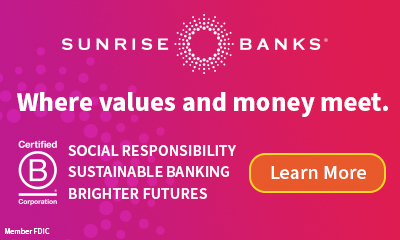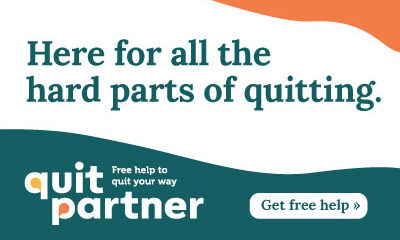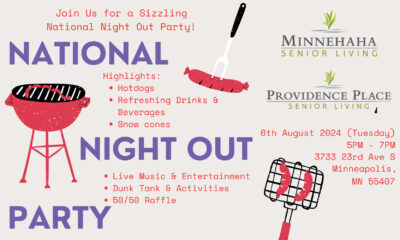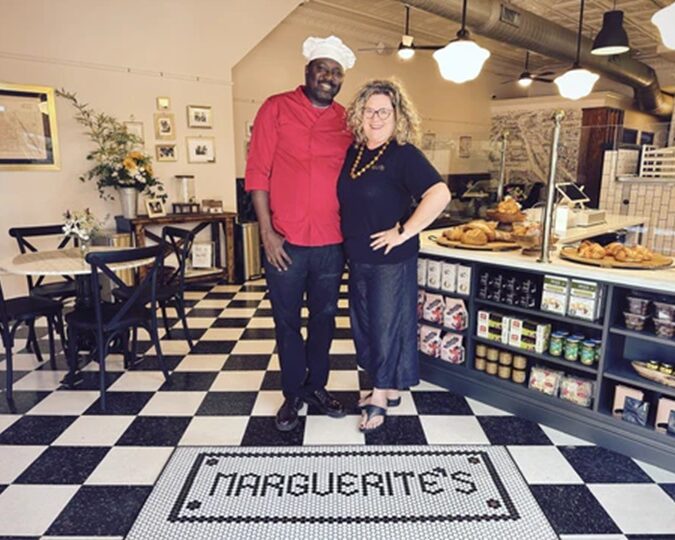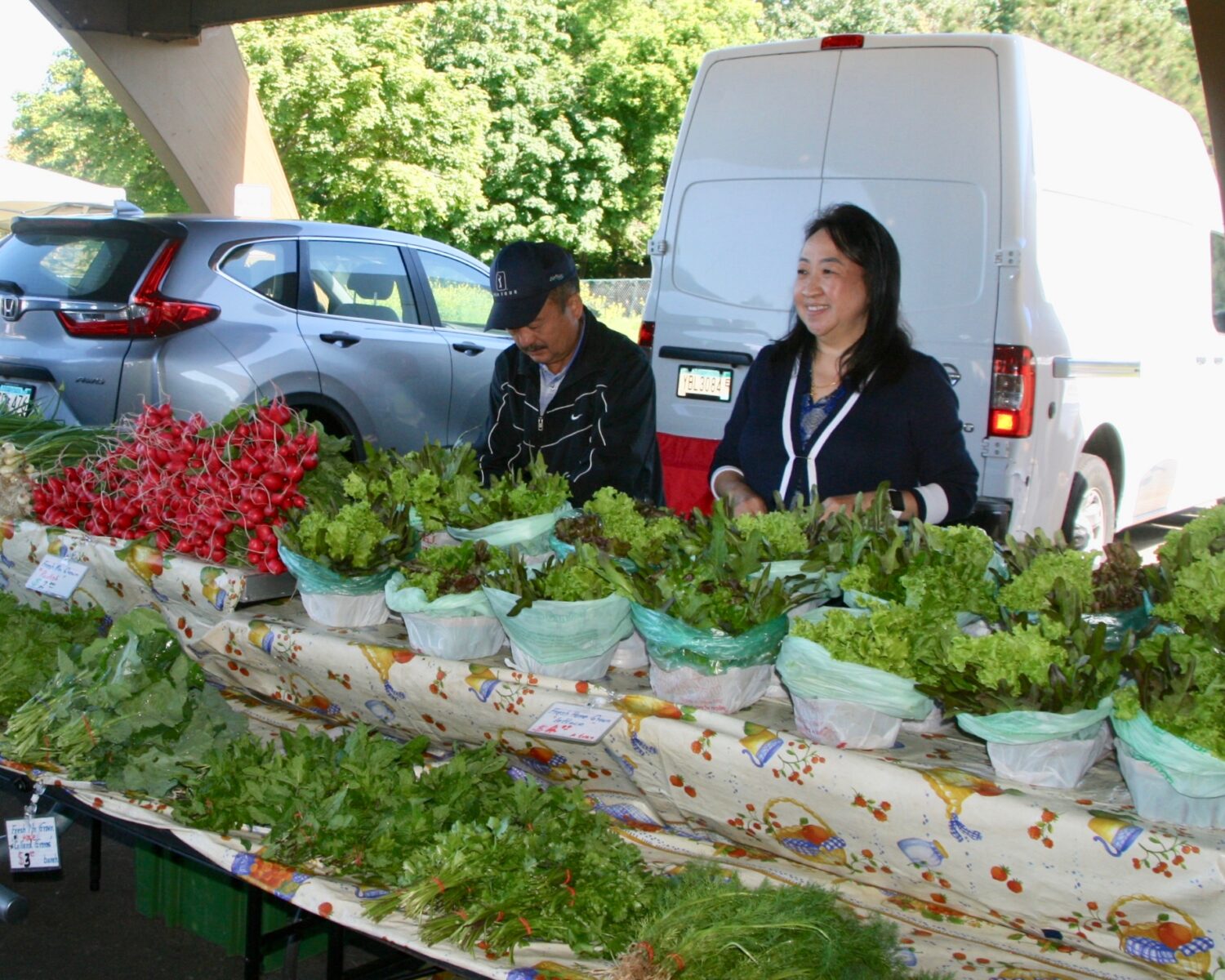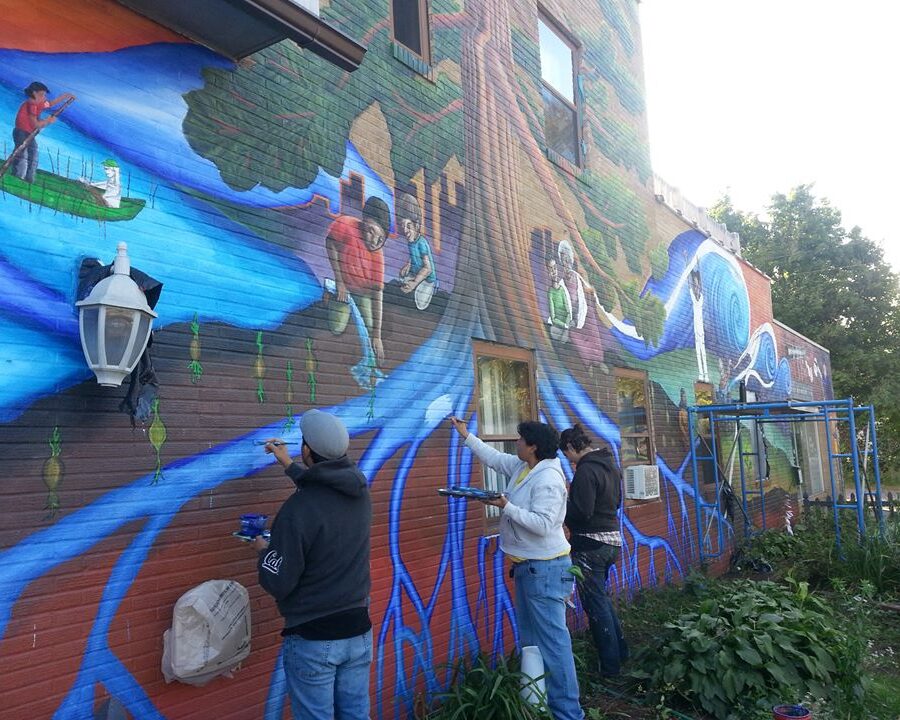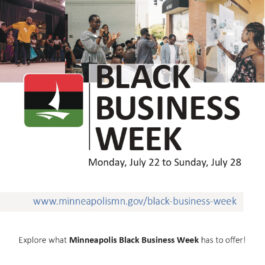BY LYDIA HOWELL
The world generates 400 million metric tons of plastic waste every year, according to a United Nations report.
Hennepin County is signing up community partners and individuals for their February Plastic-Free Challenge, with plenty of practical information to help you choose changes in your everyday life.
Where does all the plastic go when we’re done with it?
Besides landfills, plastics are in waterways, including the oceans. Breaking down into particles that take 500 years to disappear, plastics are in soil, in wildlife and in our own bodies. Many plastics can’t be recycled, meaning we’re buried in the stuff.
How do we accumulate that much plastic? New York Times reporter A.J. Jacobs did his own experiment, trying to avoid using plastic, resulting in the article “A Day Without Plastic.” He found plastics impossible to completely avoid.
Plastics infuse our lives, from essential medical supplies to packaging almost everything at the grocery store, even in clothes (the elastic in your underwear!), your toothbrush to your children’s toys, and more items one would never imagine have plastic in them. The ubiquitous water bottles add up to almost 500 billion a year.
 Once you realize how many areas of life are touched by plastics, as Times reporter Jacobs did, it feels overwhelming. However, government agencies, environmental groups and businesses being built around sustainability are taking the problem on in manageable pieces.
Once you realize how many areas of life are touched by plastics, as Times reporter Jacobs did, it feels overwhelming. However, government agencies, environmental groups and businesses being built around sustainability are taking the problem on in manageable pieces.
Social scientist Dr. Gabby Salazar, who studies what motivates people to support environmental causes, told The New York Times, “It’s not about plastics being the enemy. It’s about single-use plastics as the enemy. It’s the culture of using something once and then throwing it away.”
Consider the plastic bags that every store puts our purchases in. The Minneapolis City Council approved a retailers’ five-cent single-use bag fee in December 2019, with the aim of encouraging consumers to bring their own bags by either reusing plastic and paper or switching to cloth bags. After three years of implementation, I still regularly hear people grumble about paying that nickel while not going without that bag for single items or bringing their own bag.
The result is one trillion single-use plastic bags thrown away.
Some of those bags end up blocking storm drains, making worse the flooding caused by “monster storms” intensified by climate change. Some of those bags end up harming wildlife. We see those plastic bags littering everywhere. This is a totally solvable problem that anyone at any income level can impact.
Grocery stores need to return to brown paper sacks for produce – and consumers should demand they do or bring their own bags. To have less plastic packaging waste, we need more buy-in-bulk options for staples like coffee, rice, dried beans and oatmeal. Food co-ops have standardized buying in-bulk and mainstream groceries should follow their lead. Glass jars can have an infinite shelf-life and lots of plastic containers can be reused almost endlessly to replace plastic bags.
The Twin Cities has its first zero-waste store, the Tare Market, located at 2717 E. 38th St., with a second location recently opened at 945 Broadway St. NE #103. The store’s founder, Amber Haukedahl, told Bring Me The News that since the store opened in April 2019 they’ve had measurable results: 40,000 plastic bags diverted from landfills, 2,000-plus cardboard boxes reused for their online shipping and 4,500 tree planted through Seed the Change and Ecologi. www.thetaremarket.com
It becomes harder – and a lot more expensive – to address personal care products. At Tare Market (and food co-ops) plastic-free toothbrushes start at $6. Shampoo bars can cost $18. Two hair scrunchies are $20 – which might make resorting to rubber bands the smart, affordable option.
There are also 12 food co-ops in the Twin Cities, including the Seward Co-op in two south Minneapolis locations.
Lifelong environmental activist Ken Pentel, founder of the Ecology Democracy Network, observes how the American economy runs on a distorted view of waste: “The incentives are for throwing things away. Instead of showing up as a cost, managing waste shows up as a credit on spread sheets because it generates economic activity.” While encouraging individuals, families and community groups to take action to address plastic waste, Pentel emphasizes that industries must be reined in. “We have to get at the sources. We have to stop this stuff from being manufactured to begin with.”
Consumers moving away from single-use plastics curbs demand for them. Every recycle barrel says, “Reduce. Reuse. Recycle.” Thinking in those terms saves the planet, and as a low-income person, I know it also saves money. Look for the numbers 1, 2 or 5 in a triangle on the bottom of those disposable plastic water bottles to show they can be recycled. Or buy a reusable bottle at the thrift store. Everyone can bring their own bags.
Be inspired and sign up to participate at www.hennepinplasticfree.ecochallenge.org.
Lydia Howell is an independent Minneapolis journalist.



